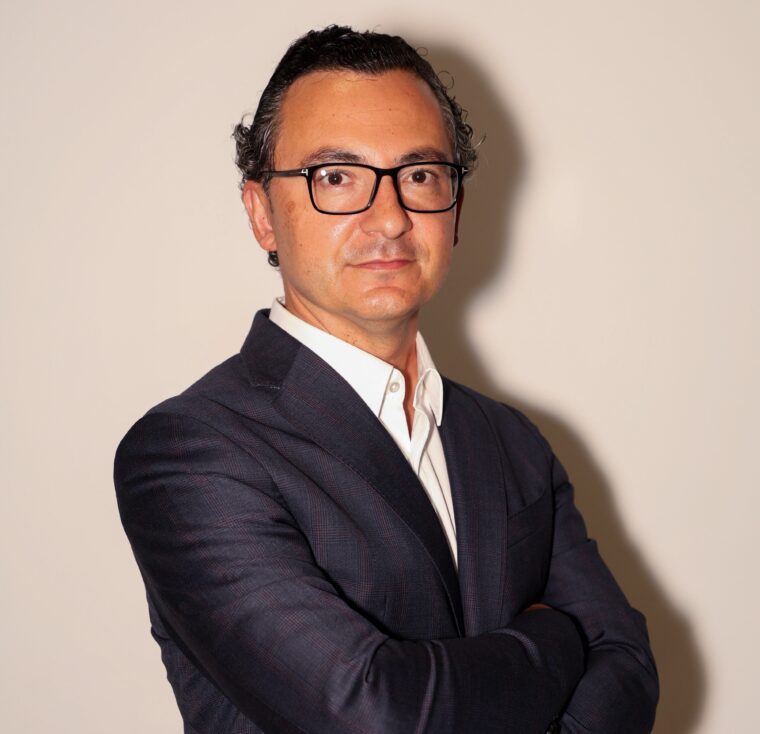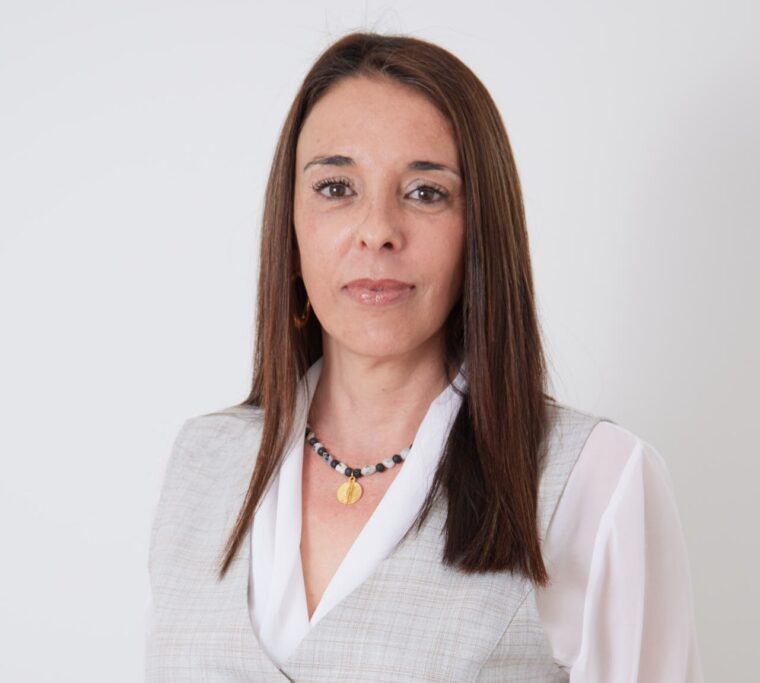Portuguese people who stand out abroad help to identify business opportunities and the types of companies and activities the country can attract. This is an initiative that brings together Negócios and the Portuguese Diaspora Council.
1. What led you to leave Portugal?
I was looking for a new challenge. Having lived abroad during my childhood, the idea of leaving again was very appealing. I enjoy working in intercultural environments, and different cultures have always attracted me. Additionally, I have always had a special interest in international relations and issues related to international trade. Since trade policy is an exclusive competence of the European Union and the decision-making center is in Brussels, moving to Brussels was a logical and natural decision. In the current geopolitical context, marked by great uncertainty and significant tensions between major world powers, it makes even more sense to be close to the main center of power at the European level.
2. What advantages or disadvantages did being Portuguese bring you?
Portugal has a long history and presence in many parts of the globe. The image of the country and the Portuguese people is generally positive, which helps in my field of international relations. We are not seen as a threat, but rather as a “bridge builder” country. On the other hand, Portuguese people generally have to work harder to assert themselves, especially in leadership positions. There are still certain preconceived notions in some European countries that Portugal is a nation of hardworking and “humble” people. “Humble” here can be read as lacking ambition. This image is changing, but we, as Portuguese, need to be more assertive in defending our interests.
3. What obstacles did you have to overcome and how did you do it?
The main obstacle, even when in a European country, is the cultural differences. Adapting to a new country and new customs is never easy, especially when the change does not occur early in one’s professional life. Perseverance and making an effort to adapt are crucial. In my case, living in Brussels, it is easy to stay in the “expat bubble.” But I decided early on to separate my professional life from my personal life, trying to engage more with Belgian citizens in my personal life. Compared to other expat communities, Portuguese people are less organized, and the networking is less structured. I think the work of the Portuguese Diaspora Council members here in Belgium, along with the Portuguese Embassy, is fundamental to raising the visibility of our country’s interests, making young people aware of Brussels’ importance as a decision-making center, and motivating them to apply for European positions. Portugal is geographically peripheral but should not be peripheral in terms of decision-making capacity and political power.
4. What do you admire most about the country you are in?
The ability to innovate and grow economically, despite Belgium having a very complex governance system, with a challenging power-sharing structure between the Federal Government and the Regional Governments. The country has maximized its geographically privileged position, becoming a key logistics center in Europe, with the Antwerp/Brussels port playing a crucial role in the flow of goods to and from Europe. Brussels is the main decision-making center of Europe, and it also hosts NATO headquarters, which has brought more dynamism and economic opportunities, as well as increased political weight. This has also been an important factor in attracting and retaining talent from all over the world.
5. What do you admire most about the company/organization you work for?
I am the Deputy Director-General of the organization that represents the interests of the entire European industry, beyond the 27 EU member states. The responsibility is immense because we speak on behalf of more than 22 million companies, and reconciling often divergent interests is not always easy. However, it is gratifying to know that when we defend a position, it results from a consensus among our members, giving us political strength not only within the EU but also in international forums. It is also gratifying to see the practical results of our work. For example, when we conclude a trade agreement that allows our companies to enter new markets without paying customs duties or when we secure access to raw materials that we lack in Europe.
6. What recommendations would you give to Portugal and its entrepreneurs and managers?
We need to invest in talent and reward the best. This culture should dominate both the private and public sectors. Many talents leave the country for financial reasons, but not only. Often, the lack of emphasis on differentiation and a culture of continuous learning and improvement also contribute to the brain drain. For the country in general, we need to be clearer in defining our strategic interests and more assertive in defending them. Being in Brussels and close to the center of European decision-making, the main recommendation is to ensure that Portugal and Portuguese interests are well represented, that we have Portuguese citizens in key positions, and that we support them in their professional paths. We need a clear policy in this regard if we do not want to lose power and influence in the coming years, especially if more countries join the EU.
7. In which sectors in the country where you live could Portuguese companies find customers?
Even in more traditional and less technological sectors, there are growth and business opportunities. I think Portugal has established itself as a global tourist destination, but Portuguese culture and products still have a limited market: from wine to other agri-food products. For this, it is necessary to have significant production levels.
8. In which sectors in Portugal could companies from the country where you are living want to invest?
Belgium is a country comparable in size to Portugal but has an extremely dynamic economy in various sectors, from chemicals and mobility solutions to biotechnology. There are investment opportunities in Portugal in renewable energy, mobility solutions, and even in more traditional sectors like technical textiles or agri-food.
9. What competitive advantage of the country where you live could be replicated in Portugal?
The culture of innovation and private entrepreneurship. Belgium leverages its comparative advantages well, such as its geographical location. Portugal should better exploit its unique advantages compared to other countries: its location between the American and European continents, its centuries-old maritime tradition, and its relations with Portuguese-speaking countries. We need a clearer political and economic strategy for the country, focusing on these differentiating elements. Global economic competition is increasing, and we should not simply replicate models but find our own.
10. Do you plan to return to Portugal? Why?
Not for now, as my work is closely tied to the decision-making centers in Europe. However, I do not rule out returning because I would like to contribute to the country’s economy. Until then, I hope to help Portugal from where I am, through my work and professional experience. I hope to contribute, together with the Diaspora Council colleagues in Brussels, to better representation and participation of Portuguese people in European decision-making centers.







